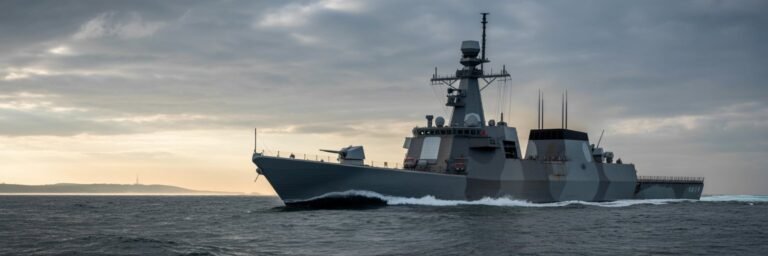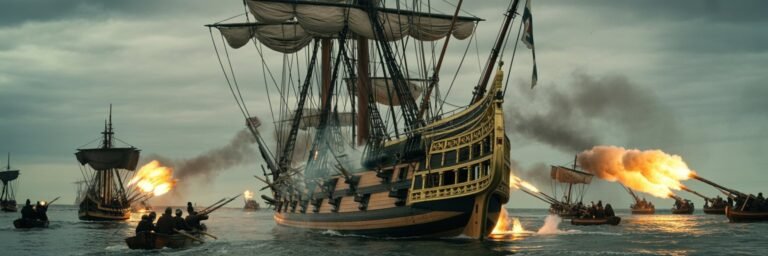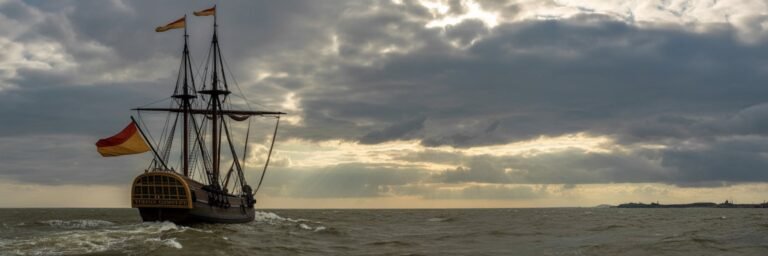INTRODUCTION
From the moment the first sea-borne raiders set sail, naval warfare has shaped human history. Battles fought on the world’s waterways have established empires, shifted the balance of power, and sparked technological advancements that have revolutionized warfare. The waves bear silent witness to countless stories of bravery, tragedy, ingenuity, and cunning. Yet, far from being simply tales of the past, these epic sagas carry lessons that resonate in our modern world. As we delve into the rich tapestry of naval history, we find a wealth of lessons that offer profound insights that expand far beyond warfare itself, and can serve as guides in fields as diverse as diplomacy, economics, technology, and leadership.
HISTORICAL BACKGROUND
Naval warfare has its roots in antiquity. As early as 3000 BCE, the Ancient Egyptians were using ships to transport troops for combat. However, it was in the Mediterranean Sea where naval warfare truly began to shape civilization. Greek city-states, the empire of Persia, Carthage, and later Rome, all grasped the strategic value of naval superiority. The Battle of Salamis in 480 BCE, where a vastly outnumbered Greek fleet defeated the Persian navy, protecting Greece’s mainland from invasion, is an early testament to the decisive nature of naval warfare. Moving forward through history, we witness the ascendance of Venice, Genoa, Portugal, Spain, and the Dutch Republic, all built upon their naval prowess. The Age of Sail, from the 16th to mid-19th century, marked the zenith of sail-powered naval warfare, with the British Royal Navy becoming the most dominant sea power, the repercussions of which still reverberate today.
THEORIES AND INTERPRETations
Naval warfare engenders a wealth of practical and theoretical exploration. Alfred Thayer Mahan, an American naval strategist of the late 19th century, proposed that sea power’s control determined a nation’s potential for world domination, a theory vividly demonstrated by Britain during the Napoleonic Wars. A contrasting viewpoint is advocated by Julian Corbett, a British naval historian who posited that naval power plays a more limited but critical role in advancing national policy. These theories illuminate the underlying assumption that the importance of naval strategy extends far beyond battles, shaping national and international politics and economics.
MYSTERIES AND CONTROVERSIES
Yet, naval warfare history is not devoid of mystery and controversy. The sinking of the USS Maine, which catalyzed the Spanish-American War, is a notable example. Theories abound as to what caused the explosion — was it a Spanish mine, as implied by a U.S Navy inquiry, or an internal malfunction, as latter investigations propose? Similarly, the disappearance of the Dutch fleet in the Battle of Texel (1795) as a result of French cavalrymen—previously thought impossible—raises eyebrows. These unsolved mysteries and controversies remind us that history is not a set-in-stone narrative but an evolving discourse, continually up for debate.
SYMBOLISM AND CULTURAL SIGNIFICANCE
Naval warfare has taken on symbolic meaning, serving as a powerful cultural icon. Ships, fleets, and naval battles have become embodiments of national pride and collective identity. HMS Victory, Admiral Nelson’s flagship in the Battle of Trafalgar, is not only a historical artifact but an enduring symbol of British resilience and fortitude. Similarly, the USS Arizona—sunken during the Pearl Harbor attack—has been memorialized, symbolic of America’s entry into World War II, a poignant reminder of the price of freedom.
MODERN INVESTIGATIONS
Modern investigations into naval warfare have revealed technological innovations and strategies that seem astonishingly advanced for their time. The Greeks’ use of “Greek fire”—an incendiary weapon—and the development of the trireme (a type of galley) demonstrate early sophistication in naval technology. Moreover, a recent reexamination of the Battle of Jutland in World War I has shown that it was not simply a draw, as previously thought, but a strategic victory for Britain despite heavy losses, casting fresh light on the complexities of naval warfare.
LEGACY AND CONCLUSION
The rippling influence of naval warfare is evident across the panorama of human history. Technology, from the development of the steam engine to nuclear-powered vessels and the shift towards electronic warfare, has been driven in part by needs on the sea. Moreover, it has shaped geopolitics, with former naval powers like Britain and Spain leaving a long-lasting imprint on the globe.
The lessons we glean from naval warfare are diverse and compelling—from appreciation of strategic finesse, to the understanding of geopolitical power dynamics, and the recognition of collective sacrifice for national causes. The history of naval warfare, echoing with cannons and clad in salt spray, is indispensable for comprehending the past. Yet, its lessons extend further, supporting us in navigating the future. We are reminded that the human capacity for courage and innovation can overcome the direst of circumstances, that the pursuit of power often shapes progress and that even in the depths of combat, there lies the seed of cooperation and unity against common threats. Like a compass guiding a ship through a turbulent sea, the lessons of naval warfare can steer us through the ever-evolving challenges of our contemporary world.




